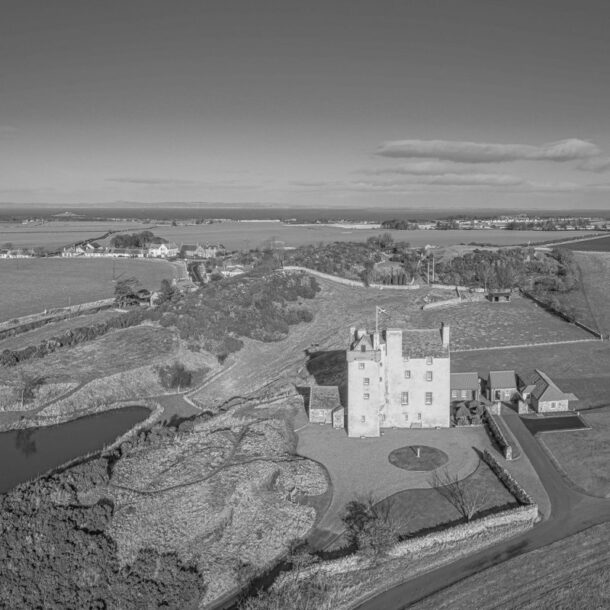

Close

John Bolton, the teenage son of a rural druggist, arrived in the West Indies with no money to his name and only a sailor’s shirt on his back. Bolton counted among a surge of 18th-century “sojourners,” men who ventured across the Atlantic in search of fortune. Here in the hot, tropical islands overtaken by the brutal plantation economy, a white man could escape Britain’s intractable class hierarchy and fashion himself as the master of his fate.
Bolton could claim little more than an eighth-grade education, but he learned the business of chattel slavery and cash crops when he was just a teenager. He worked on a ship and then at a plantation provisions store, lugging wheels of cheese and sacks of potatoes through sticky-humid streets. He worked his way up until he was an agent for Rawlinson & Chorley, a Liverpool investment firm, in St. Lucia and Barbados. As the British Empire grew fat off of the plantation economy, the wealthy men who owned plantations preferred to collect their profits at a distance. They depended on agents, like Bolton, to buy their slaves, oversee forced labor, and maintain order on islands where slaves outnumbered the white overclass by as many as 20 to 1.
In 1784, Bolton returned to Liverpool a wealthy man of just 28. He entered trade himself, importing sugar, cotton, coffee, rum, and other luxuries that became common comforts because of slave labor. He became the absentee owner of 1000-acre plantations across the West Indies. The overseers on his payroll awarded slaves worthless coins imprinted with Bolton’s profile, minted in the style of any aspiring Caesar, for “good behavior.” Bolton multiplied his fortune when he bought into the transatlantic slave trade, investing in 73 slave voyages during the last years of the British slave trade. His ships delivered more than 20,000 people to slavery in the Americas.
In Liverpool, Bolton bought himself respectability and influence. He was a solid conservative who donated liberally to the party that supported the slave trade. In 1806, Bolton bought Storrs Hall, a spacious country seat on the shore of Lake Windemere where he spent his summers until he died. He expanded the house, adding its distinctive dome, and acquired hundreds of acres around his new estate.
On an August day in 1825, Bolton reached the apex of his social transformation. Two of Britain’s leading minds — Sir Walter Scott and William Wordsworth — visited him at Storrs Hall. They joined a bright group of influential, intelligent guests who talked freely and enjoyed each other’s wit. “It would have been difficult to say which star in the constellation shone with the brightest or the softest light,” Scott’s biographer wrote years later. Wordsworth recited his famous “Daffodils” in the drawing room, and Bolton, the uneducated druggist’s son, began his decades-long friendship with the famous poet. In later years, Wordsworth called Bolton his “long-loved, tried and sincere friend.”
On the last day of the visit, Bolton, the so-called Admiral of the Lake, presided over a glittering regatta. As many as 50 barges paraded through the richly wooded islands of Lake Windemere. They blazed brightly with many-colored flags and streamers punctuated by the radiant dress of the oarsmen. The boats paused in front of Storrs Hall, where Bolton and his guests joined the regatta on his state-of-the-art sailboat. Music resounded across the lake, reaching the spectators on the opposite shore. Bolton’s transformation into a self-made mercantile prince had never been so complete nor so visible.